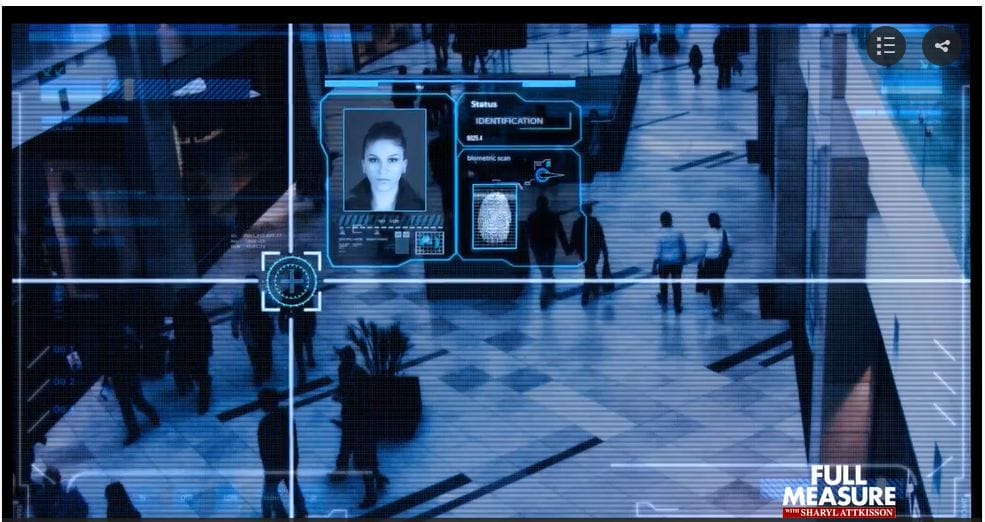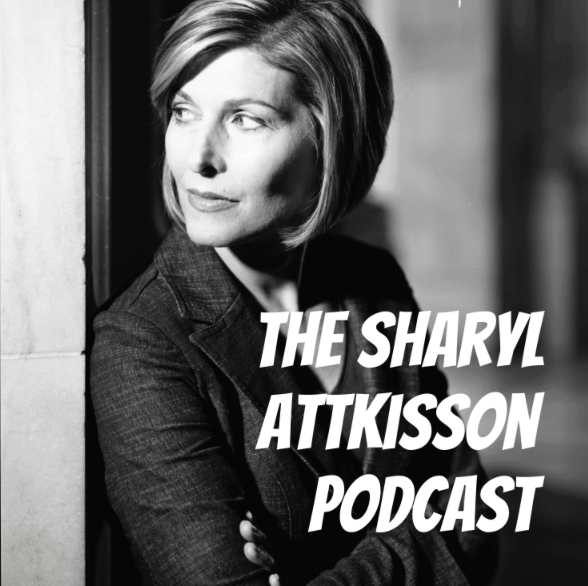In the ongoing mission to make our schools as safe as possible, some officials are turning to advanced technology like facial recognition. But that’s sparking concerns about privacy. Joce Sterman takes us to one of the first schools to deploy the technology.
Joce: It might sound like primetime drama, but facial recognition is real. Artificial intelligence can map out unique features of your face and memorize what you look like, making you identifiable anywhere, any time.
But is facial recognition an overbearing big brother or a guardian superhero? That depends on who you ask.
This year, that debate entered a new realm: a quiet school district in upstate New York.
(video shows school building)
This is Lockport, 30 miles outside of Buffalo, New York. In the dead of winter, the school district ignited outcry, announcing it had implemented a facial recognition system.
Lockport received state grant money for school safety after the shooting at Sandy Hook Elementary School in 2012. It decided to use about $1.4 million on facial recognition software from a company called Aegis. Lockport officials say they don’t know if they are first to use the technology, but say they are among the most open about their policies surrounding it.
Robert LiPuma: The two people that walked by were identified 100% of the time
(video shows technology director pointing to facial recognition software)
Joce: That’s the school’s technology director Dr. Robert LiPuma, showing us how it works.
LiPuma: We own everything, we protect everything, we control everything.
Joce: Cameras watch the halls. Facial recognition software is constantly scanning for only the specific faces entered into the system: sex offenders, suspended teachers, or specific individuals identified by law enforcement. When the software detects a match with one of the faces in the database, it alerts a control room, which is staffed full time and that staff member decides what to do next: ignore, alert authorities, or take other action.
Michelle Bradley: Student’s safety is our priority.
Joce: That’s Lockport superintendent, Michelle Bradley. She and LiPuma say the facial recognition technology does not track or record students.
In fact, due to privacy concerns that were raised by the community, the district had to implement a rule that prohibited students from being included in the system.
Joce Sterman: People automatically say you’re tracking students, but students are not even included in your database.
Bradley: Students are not in the database. That’s correct. And that was a process that we had to go through. So, the privacy concerns related to students, no longer exist.
Joce: Not everyone is taking that at face value.
Jim Shultz: Our school district essentially turned kids like my daughter into lab rats.
Joce: Jim Shultz is a public policy expert and the father of a 16-year-old Lockport student.
Shultz: If we’ve learned anything from the scandals around Facebook, it’s you don’t judge this kind of data collection technology by what the people running it promise, you judge it by what it ultimately has the technical capacity to do.
Joce: He says he’s concerned the technology could be used to retroactively track and record students’ activities and interactions, even if that’s not the initial intention.
Shultz: This is the technology that Russia and China use to spy on dissidents. It does not belong in a high school hallway.
Joce: College campuses have also become a recent battleground.
An online campaign by “Fight for the Future,” a small non-partisan group focused on technology, and Students For Sensible Drug Policy, a grassroots student movement, surveyed more than 100 colleges. It found 38 of them either might use or are already using facial recognition in some form, with varying policies and systems. The rest, pledged not to.
The University of California, Los Angeles made headlines when it scrapped plans to use facial recognition for the surveillance of the campus. In a letter to “Fight for the Future,” UCLA’s chancellor said the benefits are outweighed by the concerns.
Ashley Johnson: When it comes to children, especially, you have these two sometimes competing, concerns of privacy and safety. You want to keep their data private, but you also want to keep children safe.
Joce: Ashley Johnson is a research analyst at the Information Technology and Innovation Foundation, a think-tank in Washington.
Johnson says Congress needs to develop federal guidelines that build on the promising technology, while protecting privacy and ensuring all entities, including schools, are using companies that are up to a specific standard, and enforcing basic rules.
Joce: What’s the timeline for actually getting these things legislated and how quickly do we need to do it?
Johnson: I would like to see Congress passing comprehensive privacy legislation that covers facial recognition. I think they’re dragging their feet on the issue and I would like it to happen optimistically this year, but I don’t think it’s going to happen.
Joce: An unwritten future for a technology that will keep evolving.
Early this year, a state lawmaker announced plans to double down on efforts to ban facial recognition technology in New York state schools. But the coronavirus has put that on hold.
https://fullmeasure.news/news/terrorism-security/facial-recognition-04-23-2020




If only students attend this school, WHAT is the problem.
It will help weed out the destructive element that chooses to do us harm.
Set up a register with current students, make visitor compulsory register, add the profile and picture to the system and it WILL work to secure schools from attacks.
I am an old man, in australia, and realy believe in security.
Schools have to be protected to safe guard our future and be safe from disturbed, sick people, lunatics.
Take it or leave it, it is MY opinion; it is a good measure to keep safe.
And like I said before, SAFE OUR CHILDREN
Nothing is more vital to everything then our children.
THINK ABOUT THAT!!!
our Children
Seems like a lot of expense when they could just lock the doors and require visitors to register at the office. The office needs to be ready to repel an attack if that is what they intend to stop. The school that my niece attends has a lot of large glass windows that wouldn’t stop someone bent on causing the kind of trouble that this is intended to stop.